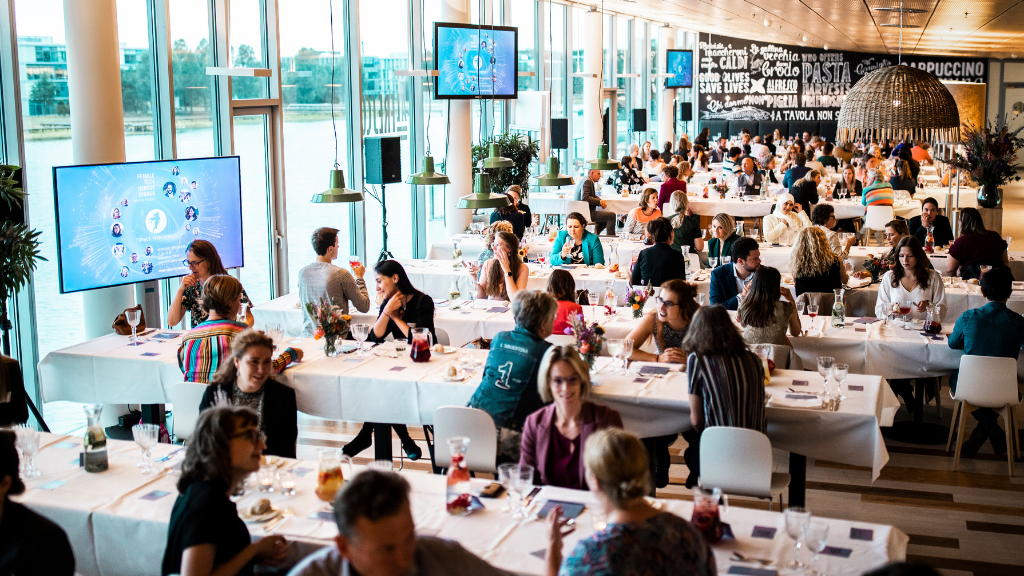

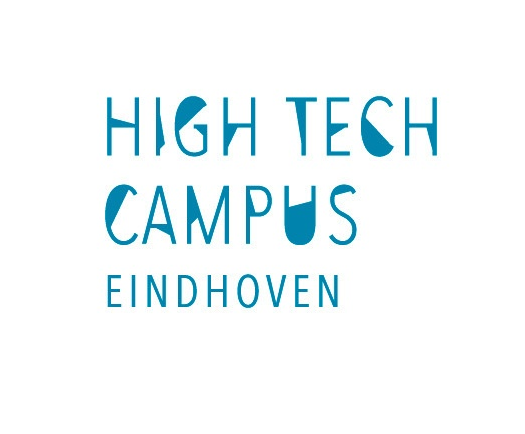
“Thank you for showing that networking is still possible, even at a distance of a meter-and-a half.” That was the greatest compliment Ingelou Stol was ever given after the Fe+male Tech Heroes dinner. Together with Hilde de Vocht, she hosted an event for over one hundred people at the Dutch High Tech Campus Eindhoven last week for the first time during this corona times. The dinner sold out within two days.
Stol and De Vocht launched Female Tech Heroes in March 2019 because women are underrepresented in the tech sector. Fe+male Tech Heroes now boasts over two thousand members.
Diversity and innovation
Stol: “We need diversity if we want the best innovations.” That is the message that Stol wants to convey with the network. “Men are also very welcome”, says Stol. “Diversity is something we have to do together. There were 15 men at the dinner. Last year there were three. The name of the network was changed from Female Tech Heroes to Fe+male Tech Heroes. “We are aiming to have around 30% men in our network.”
Seating arrangements weren’t set beforehand. Everyone looked for a place to sit at a distance of a meter- and-a-half from each other. Which was in total contrast to the previous dinner that was held during the Dutch Design Week last year. Then the attendees swapped seats to meet up with new people and network. This does not seem to matter much to the discussions going on at the latest dinner.
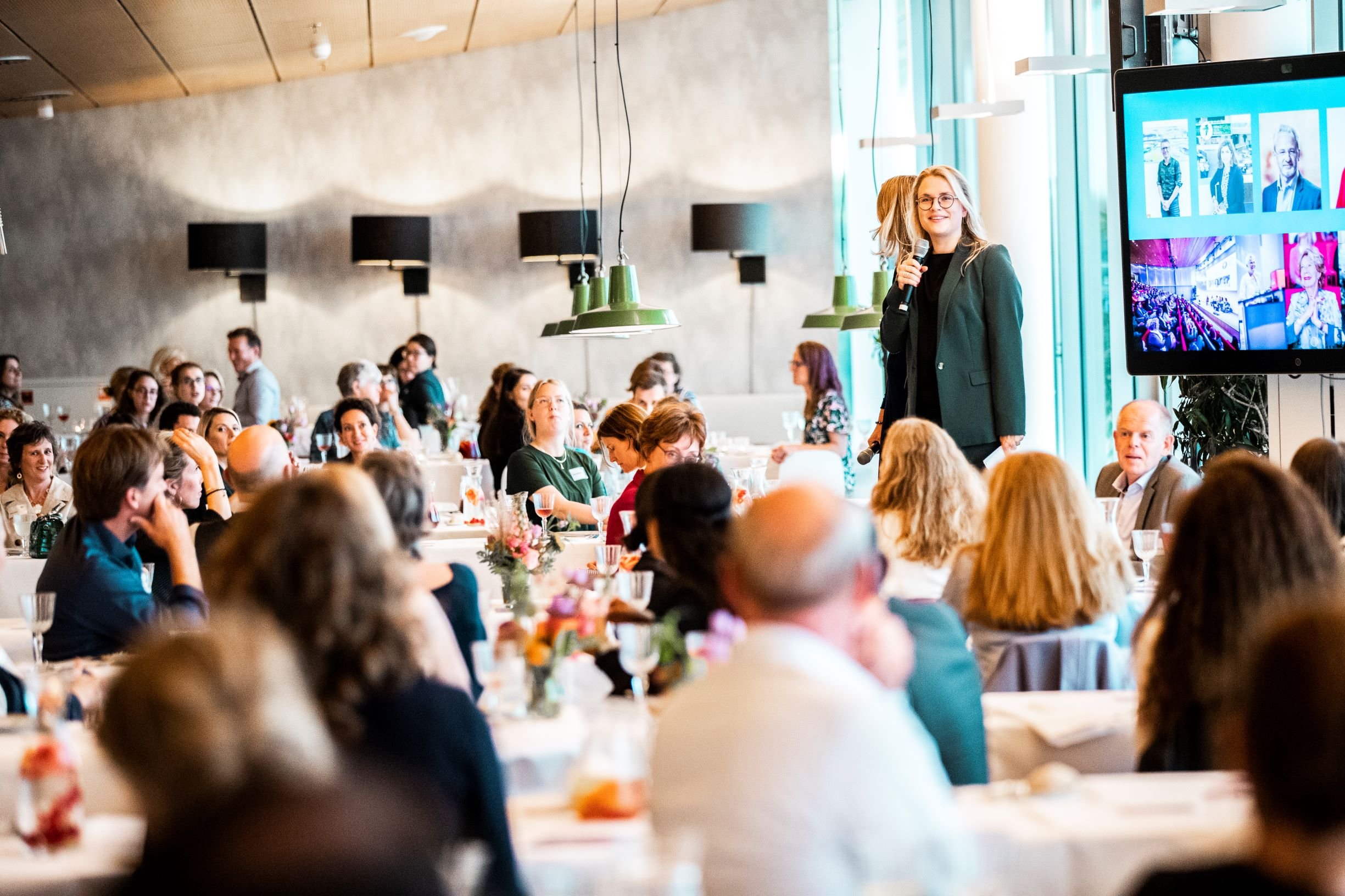
Role models
Between courses, Stol and De Vocht put a number of guests in the spotlight. Like the role models that have been portrayed by HTCE intern Anna Mazur. Among others, Nur America, who underlines the importance of not being driven by fear. You should be more reliant on “your true self” and not worry about what others think of your decisions.
Or Gareth Thomas, who sometimes intentionally puts himself in the minority in order to understand what that feels like. “I am a creative person and sometimes I have to detach myself completely from my usual habits. Then it’s good to be in a completely different environment and to discover how other people view the world.”
Women investors
One thing that is particularly noteworthy is that there are two women investors there that evening. “This demonstrates how important an evening like this is as a place to meet up,” Stol states. Eva de Mol is also present, alongside Simone Brummelhuis from Borksi Fund amongst others. Earlier this year, De Mol set up an investment fund together with Janneke Niessen, CapitalT. A fund that invests in software companies that are in a “very early stage.” Which involves amounts ranging from €200,000 to €3 million. “That’s very cool because there are very few investors in the Netherlands who invest at such an early stage.”
Eva de Mol is also one of the speakers at Fe+male Tech Heroes’ symposium to be held in May next year. She has a Ph.D. in economics and researched the effect of team composition on the success of a company. She received her Ph.D. from the American University of Berkeley and lived in San Francisco for several years. There she learned that it makes sense to invest in a company at an early stage and that “the team is the most important thing” at that stage. “A forecast and a business plan are fine, but in the end, we all know that very often they don’t pan out. If you have the right people in the right place, you will get through any setbacks and whatever else fails to work out the way you originally planned.”
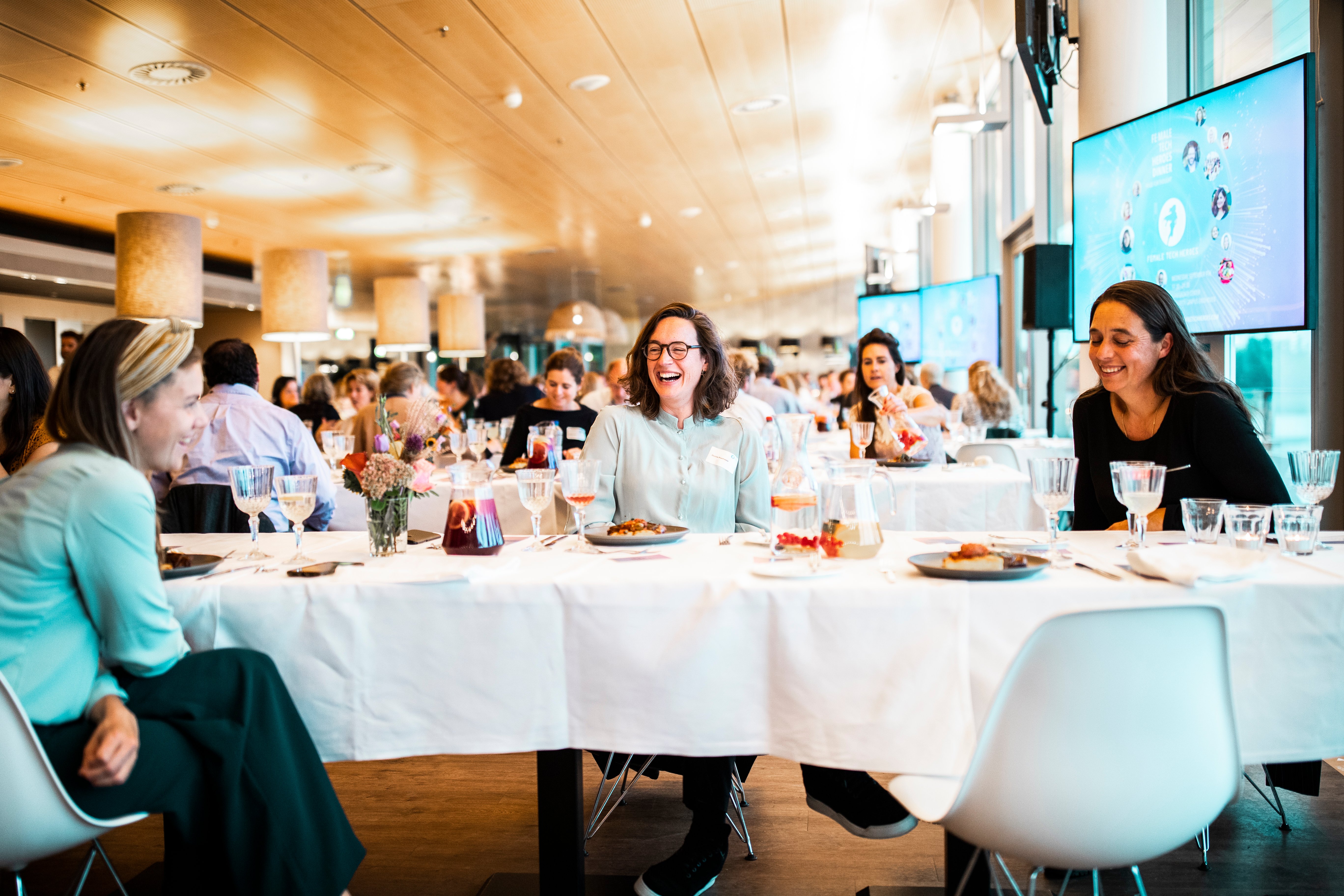
Bias
Drawing on her research, De Mol and Niessen developed a model to determine whether a team is truly complementary. “It is about knowledge and skills, but also whether there is a shared vision, what passions the entrepreneurs have, and if they are flexible at all.” De Mol also believes in a data-driven approach. She is aware of her ‘bias’ and does not want to let her decisions be guided by whether she finds a product interesting or not. “I believe in a data-driven approach when it comes to investing. It’s really easy to let your intuition dictate how you make certain decisions, but that’s not always a good thing. If you present objective facts, like those that concern a team, it becomes easier to talk things over with each other. This works like a proper mirror.”
Research by De Mol and Niessen reveals that only 1.6 % of venture capital is ever allocated to women. “Investors invest in whatever looks like them. There is a direct correlation between an all-male investment team and the type of investments they make.”
Hold on to your dreams
Chantal Linders from Greenhabit noticed that investors are predominantly men. She developed a game that allows you to work on your mental and physical health step by step. Over the past two years, she ran her pitch two hundred times, mostly for men. She got the door slammed in her face just as often: “You’ve got a great idea, but first make sure you gain some traction. Still, she held on to her dream “to help as many people worldwide as possible, increase life expectancy and make people happy”. She developed the game further in her digital living lab. Together with her husband working behind the scenes, she found her own way to make that dream come true.
It was also a lonely time, Linders admits. “If you are told so often that what you want is impossible or too much for you, then you tend to isolate yourself a bit.” But Linders was persistent and sought people who could help her. She is now working with the Dutch Ministry of Health. “The great thing about not having investors on board is that I can now decide which way I want to go within five minutes. Linders is one of the speakers at the planned Fe+male Tech Heroes event in December (if all goes well).
A distinctive figure in the crowd is Toam Jaber. She is the only person wearing a veil. Together with Cheryl Boyd, Jaber represents the HighTechXL program, which helps build up start-ups centered on established technology. They are very pleased with the presence of investors such as Brummelhuis and De Mol. “It is often extremely difficult for start-ups to raise money,” Boyd knows from experience.
Be open to new experiences
Jaber came to Eindhoven two and a half years ago with her husband who works for the Dutch company Signify. She is originally from Jordan but was living with her husband in Dubai. Jaber trained as an architect however she could not find a job there in that profession. Having attended various meetings, she eventually met other people and ended up at HighTechXL. She is now a program director there. “What I love about Eindhoven is that if you are really open to new experiences, people are also open to you.”
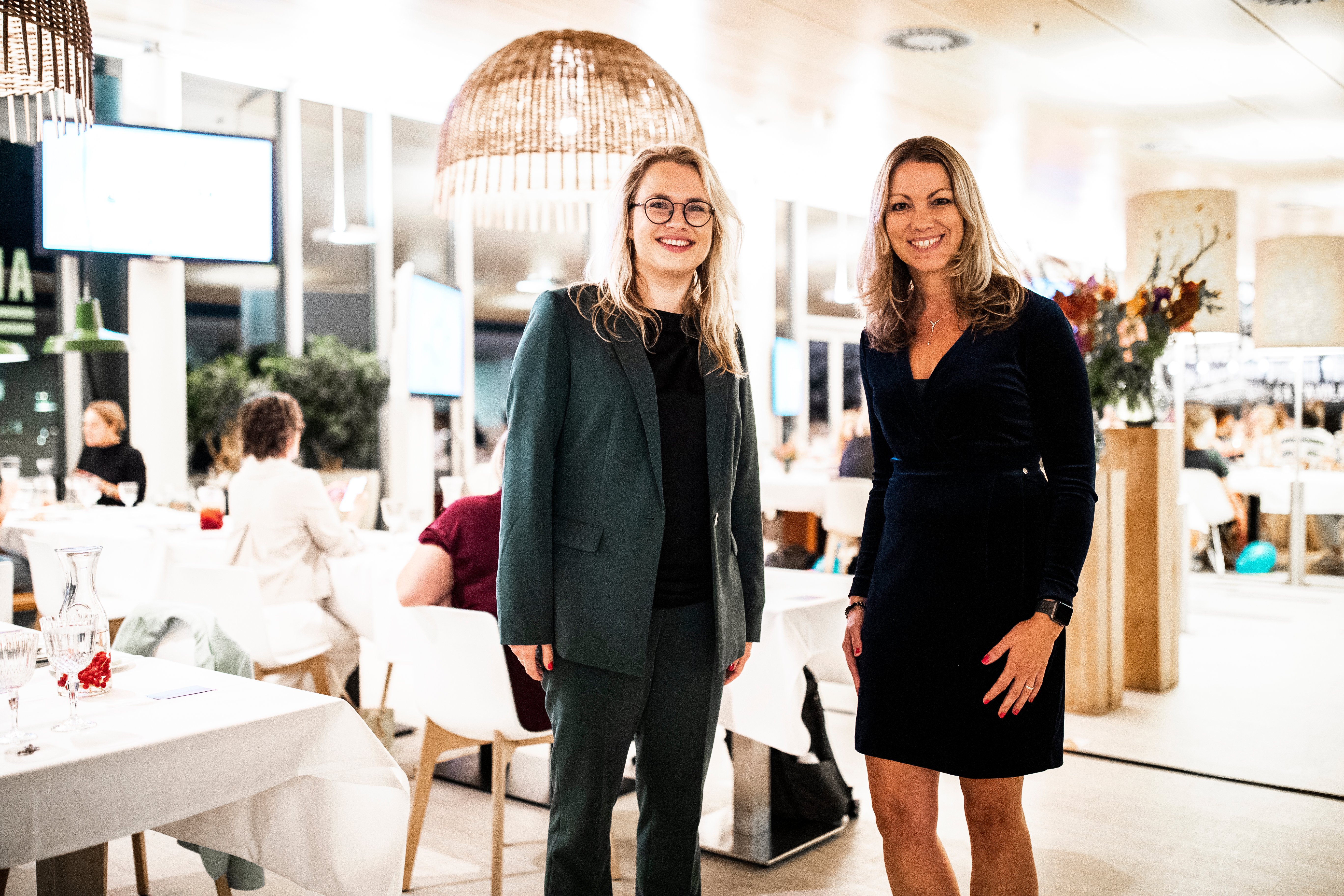
This article was written by Corine Spaans of Innovation Origins.